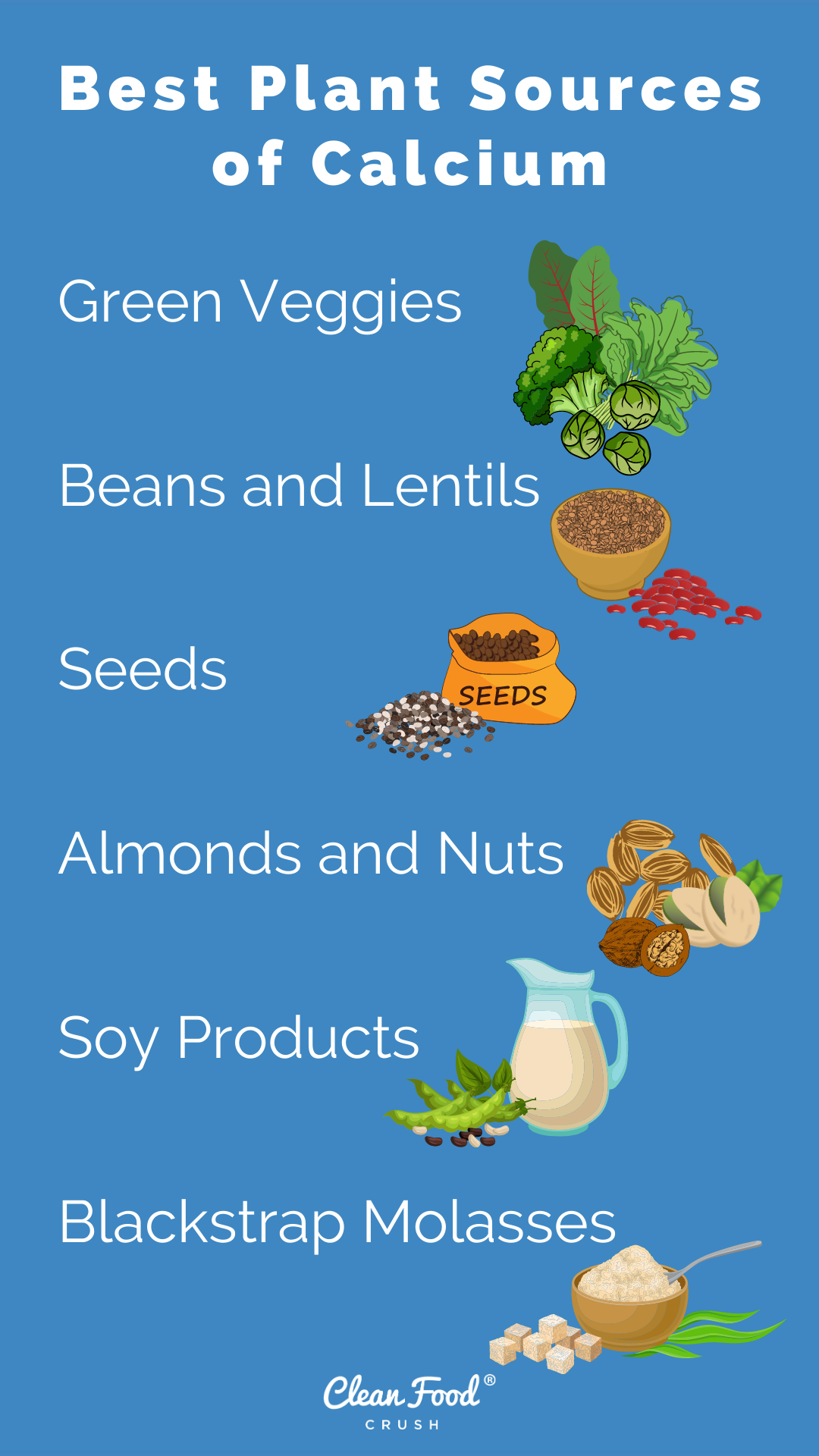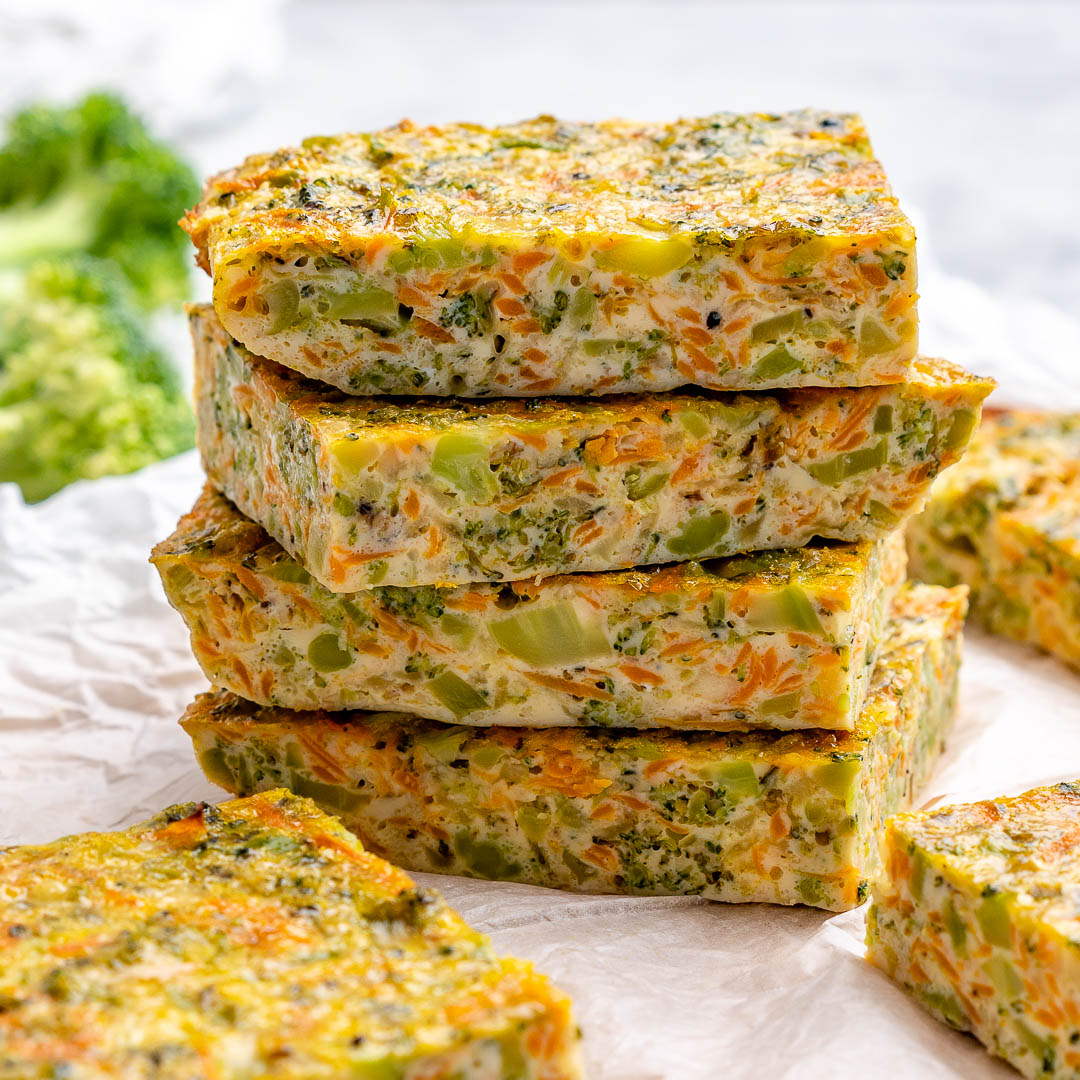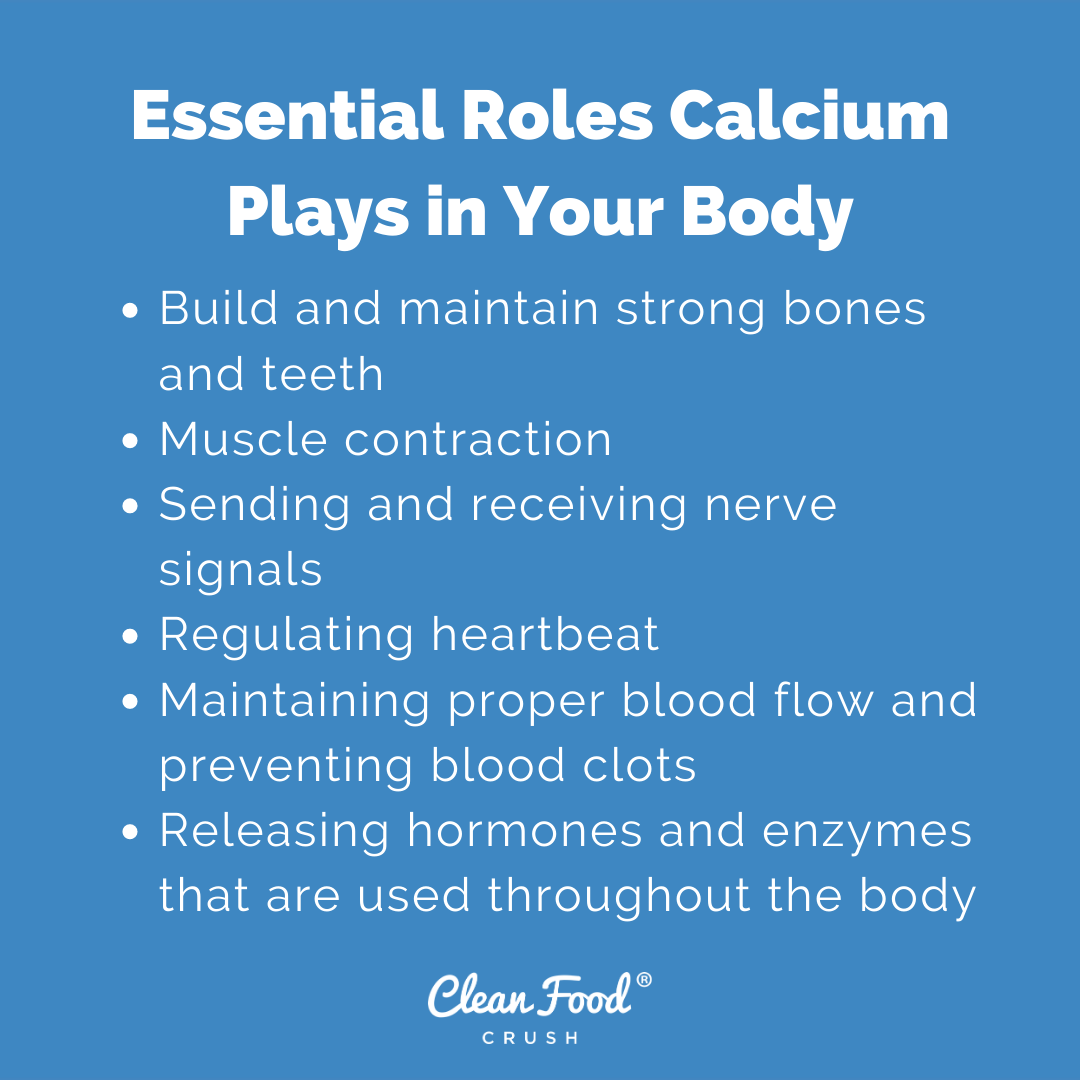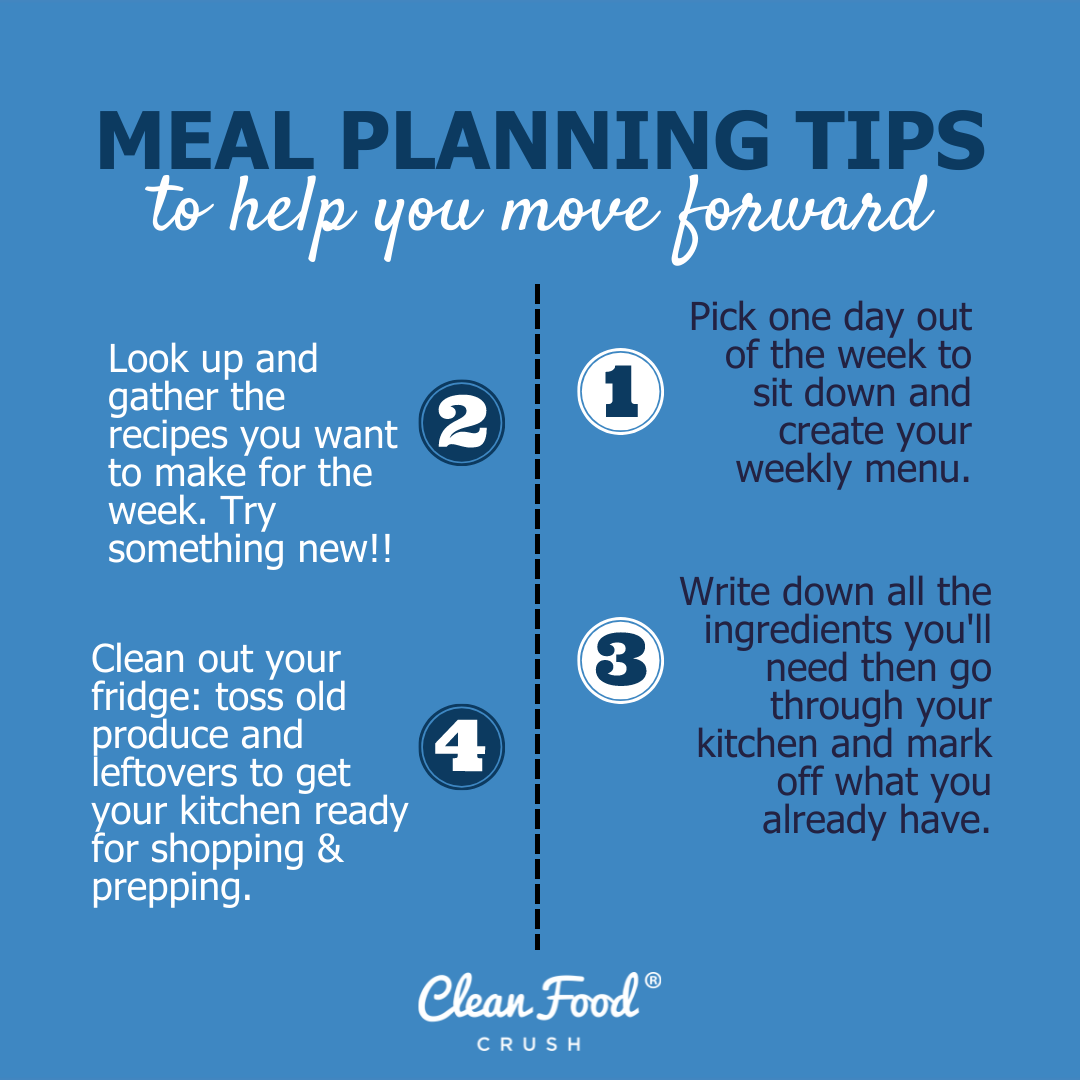You have likely heard that calcium is vital for your health. If you’re like most people, you probably think of foods such as milk and cheese when thinking of calcium, and you may believe that dairy products are the only way to meet your body’s calcium needs. However, if you aren’t aware of other food sources that are rich with calcium, it can be challenging to achieve an adequate intake of calcium. As more and more people are adopting dairy-free eating habits, this becomes especially true for many people. The good news is that there are many plant-based sources of calcium.
Read on to learn more!
This Creamy Broccoli Salad Will Boost Your Smile AND Your Calcium Levels!
Why Calcium Matters
Calcium is a mineral that plays many essential roles in your body. Perhaps most notably is the ability to help build and maintain strong bones and teeth, yet it does much more than that.
Some other important functions of calcium include:
- Muscle contraction
- Sending and receiving nerve signals
- Regulating heartbeat
- Blood clotting
- Releasing hormones and enzymes that are used throughout the body
The recommended daily allowance (RDA) for adults up to age 50 is 1,000mg of calcium per day and is 1,200mg for the elderly population.

Plant Sources of Calcium
While dairy products like milk, yogurt, and cheese are a primary source of calcium in the diets of Americans, they aren’t the only way to consume this mineral. Whether or not you’re someone who limits or avoids dairy in your diet, it is crucial to be aware of other calcium sources since this helps promote more variety in foods consumed. Additionally, this means a better overall nutrient intake and health!

Try These Breakfast Egg + Broccoli Bars for Bone-Strengthening Goodness!
Some of the best calcium-containing plant foods are:
- Green veggies – This includes things like broccoli, kale, brussels sprouts, and swiss chard, which provide up to about 14% of the RDA per half-cup serving. Spinach also contains calcium, yet the calcium it has may not be as usable in the body (more on this below).
- Beans and lentils – A variety of beans, including black, navy, white, kidney, chickpeas, and lentils, all provide a decent source of calcium.
- Seeds – Tahini, which is made from sesame seeds, provides about 13% of the RDA per 2 tablespoon serving. Chia and flax seeds give around 6% of the RDA.
- Almonds – Almonds provide nearly 10% of the RDA for calcium in just ¼ cup. Other nuts, including brazil nuts, walnuts, and pistachios also provide some calcium, but in smaller amounts.
- Soy products – Soybeans are naturally rich in calcium. Since soybeans are so versatile, there are many foods made from soybeans that can help meet calcium needs, including edamame, tofu, tempeh, and soymilk. Keep in mind that because soybeans are the number one genetically modified crop in the world, though, it is always best to buy organic soy products whenever possible to reduce exposure to pesticides and other chemicals used in its growing phase.
- Blackstrap molasses – Just one tablespoon of this dark and sticky sweetener provides about 200mg of calcium or 20% of the RDA.
Calcium is also commonly added to foods. Products such as breakfast cereals, juices, and plant-based types of milk are commonly fortified. However, it’s best to get your calcium from whole food sources as much as possible.

Can You Believe Lemon Pepper Chicken Sausage + Kale Stir Fry Is Loaded With Calcium??
Factors Affecting Calcium Absorption
There have been debates on whether or not calcium from dairy products is better absorbed than calcium in plants. While it is true that the bioavailability of milk products is higher than that of some plant sources, this does not mean that plant sources can’t also provide adequate amounts. However, it’s important to be aware of factors that may impact calcium usability to be sure you’re getting the most benefit in your diet.
These things include:
- Vitamin D – Helps increase the absorption of calcium in the body and therefore supports all of its functions. Since vitamin D isn’t found in many foods, it’s important to consider supplementing.
- Alcohol and excess caffeine intake – Both things can cause more calcium to be lost in the urine.
- Certain plant compounds – Things called oxalates and phytic acid, which are found in some vegetables, beans, and whole grains, may interfere with mineral absorption. However, boiling and soaking is an excellent method to help remove these compounds and increase absorption in the body. These compounds generally aren’t an issue for most people who eat a variety of calcium-containing plant foods, so they aren’t something to be overly concerned about.
- Protein – Protein’s effect on calcium has been widely debated and studied. It has been found that when both are consumed in adequate amounts, protein helps increase calcium absorption, and low protein diets are found to be harmful to bone health.
- Age – Calcium absorption declines with age, which is why the needs are higher in the elderly population.
- Digestive issues – Any condition that compromises the intestinal lining, such as Celiac disease, would impair absorption of any vitamin and mineral, including calcium.

In Summary
Calcium is an important mineral for everyone’s diet, but it doesn’t have to be obtained just from dairy products. Many plant foods provide a good source of calcium, and while some may not be as usable in the body as others, this is not an issue as long as you consume and rely on a wide variety of foods both for your calcium and other nutrient intakes.

from Clean Food Crush https://ift.tt/2DNEGvE




No comments:
Post a Comment